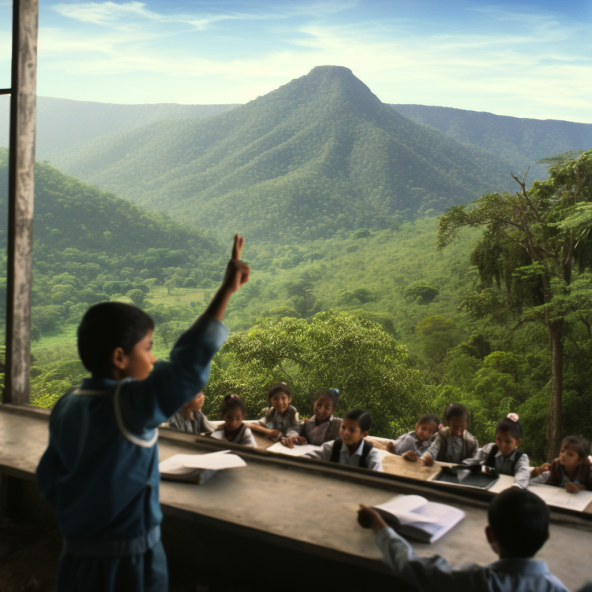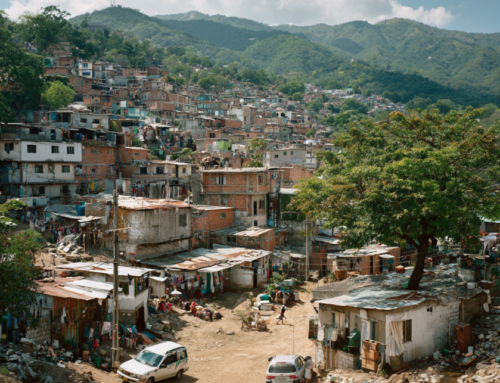An Examination of the Poverty Crisis From the Savage-Rivera Foundation’s Co-Founder, Mike Savage of New Canaan, CT
Honduras, a Central American nation, grapples with one of the highest poverty rates in the region. Over 60% of its population lives in poverty, disproportionately affecting families and children.
Breaking the roots of poverty in Honduras requires a multi-pronged approach addressing the root causes and empowering families to build sustainable livelihoods. Here are some key strategies:
Investing in Education
The role of education is vital to overcoming family poverty in Honduras.
Here are ways to help:
- Early Childhood Development: Programs like preschool and daycare provide crucial cognitive and social development, setting children on a trajectory for success in school and future careers.
- Improved Access and Quality: Ensuring affordable, quality education for all, particularly in rural areas, is essential for equipping individuals with the skills needed for better employment opportunities.
- Vocational Training: Tailored programs aligned with local job markets can equip youth with practical skills for immediate income generation and career advancement.
Empowering Families
- Microfinance: Providing access to small loans and financial literacy training enables families to start micro-businesses, generate income, and build assets.
- Conditional Cash Transfers: Programs like Bono 10,000, with conditions like school attendance and regular health checkups, can provide a safety net and incentivize investments in health and education.
- Community-Based Organizations: Strengthening local organizations empowers communities to identify and address their specific needs, fostering self-reliance and collective action.
Strengthening the Economy
- Diversification: Promoting diverse economic activities beyond agriculture, such as tourism,renewable energy, and small-scale manufacturing, can create new income opportunities.
- Land Reform: Equitable access to land and resources is crucial for rural families to engage in sustainable agriculture and improve food security.
- Fair Trade and Ethical Sourcing: Encouraging fair trade practices and ethical sourcing by international companies can ensure Honduran farmers and producers receive a fair share of the profits.
Addressing Underlying Issues
- Gender Inequality: Empowering women through education, access to healthcare, and leadership opportunities can break the cycle of poverty within families.
- Climate Change: Investing in climate-resilient agriculture and infrastructure is critical to protect livelihoods and food security in the face of increasing climate risks.
- Violence and Gang Activity: Addressing gang violence and its root causes, including poverty and lack of opportunity, is vital for creating a safe and stable environment for families to thrive.
The Road Ahead
Breaking the cycle of family poverty in Honduras requires a long-term, holistic approach that tackles the complex inter-related issues. Collaboration between government, civil society, international organizations, and the private sector is crucial to implement these strategies effectively and empower Honduran families to build a brighter future.
Additional Resources:
I hope this article provides a starting point for understanding the challenges and potential solutions to address family poverty in Honduras. I invite you to visit my Savage-Rivera Foundation page to see how you can help us help those in need.
Remember, this is a complex issue with no single answer, and ongoing research and adaptation are crucial for lasting impact.
ABOUT MIKE SAVAGE OF NEW CANAAN, CT
Michael Savage from New Canaan is the Founder of 1-800 Accountant that helps businesses with their accounting services and needs through cutting-edge technology and customer support.
In his spare time, Savage enjoys creating unique koi ponds, collecting Michael Jordan sneakers, vintage Lego sets, and admiring muscle cars and unique pop art.




